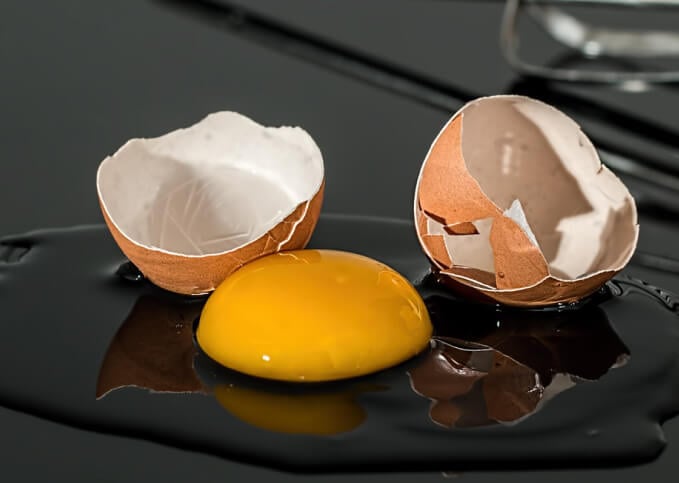8 Types of Protein

Proteins are macronutrients that support the growth and maintenance of body tissues. Amino acids are the basic building blocks of proteins and are classified as essential or non-essential. Essential amino acids are obtained from protein-rich foods such as meat, legumes and poultry, while non-essential ones are synthesized naturally in your body. According to the Center for Disease Control and Prevention, you should obtain 10 percent to 25 percent of your daily calorie needs from proteins.
What are the 8 types of protein?
1) Hormonal Protein. Hormones are protein-based chemicals secreted by the cells of the endocrine glands. Usually transported through the blood, hormones act as chemical messengers that transmit signals from one cell to another. Each hormone affects certain cells in your body, known as target cells. Such cells have specific receptors on which the hormone attaches itself to transmit the signals. An example of a hormonal protein is insulin, which is secreted by the pancreas to regulate the levels of blood sugar in your body.
2) Enzymatic Protein. Enzymatic proteins accelerate metabolic processes in your cells, including liver functions, stomach digestion, blood clotting and converting glycogen to glucose. An example is digestive enzymes that break down food into simpler forms that your body can easily absorb.
3) Structural Protein. Also known as fibrous proteins, structural proteins are necessary components of your body. They include collagen, keratin and elastin. Collagen forms the connective framework of your muscles, bones, tendons, skin and cartilage. Keratin is the main structural component in hair, nails, teeth and skin.
4) Defensive Protein. Antibodies, or immunoglobulin, are a core part of your immune system, keeping diseases at bay. Antibodies are formed in the white blood cells and attack bacteria, viruses and other harmful microorganisms, rendering them inactive.
5) Storage Protein. Storage proteins mainly store mineral ions such as potassium in your body. Iron, for example, is an ion required for the formation of hemoglobin, the main structural component of red blood cells. Ferritin — a storage protein — regulates and guards against the adverse effects of excess iron in your body. Ovalbumin and casein are storage proteins found in breast milk and egg whites, respectively, that play a huge role in embryonic development.
6) Transport Protein. Transport proteins carry vital materials to the cells. Hemoglobin, for example, carries oxygen to body tissues from the lungs. Serum albumin carries fats in your bloodstream, while myoglobin absorbs oxygen from hemoglobin and then releases it to the muscles. Calbindin is another transport protein that facilitates the absorption of calcium from the intestinal walls.
7) Receptor Protein. Located on the outer part of the cells, receptor proteins control the substances that enter and leave the cells, including water and nutrients. Some receptors activate enzymes, while others stimulate endocrine glands to secrete epinephrine and insulin to regulate blood sugar levels.
8) Contractile Protein. Also known as motor proteins, contractile proteins regulate the strength and speed of heart and muscle contractions. These proteins are actin and myosin. Contractile proteins can cause heart complications if they produce severe contractions. This completes the list of the 8 types of protein.
For a balanced diet that contains the eight types of protein see our ready made meals that are nutritionist designed and chef prepared to deliver on both nutrition and taste.
References:
- News-Medical: What Are Hormones?
- University of Hamburg Department of Biology: Storage Proteins
- University of Arizona Department of Biochemistry and Molecular Biophysics: Cell Signaling Problem Set
- National Center for Biotechnology Information, U.S. National Library of Medicine: Actin, Myosin and Cell Movement